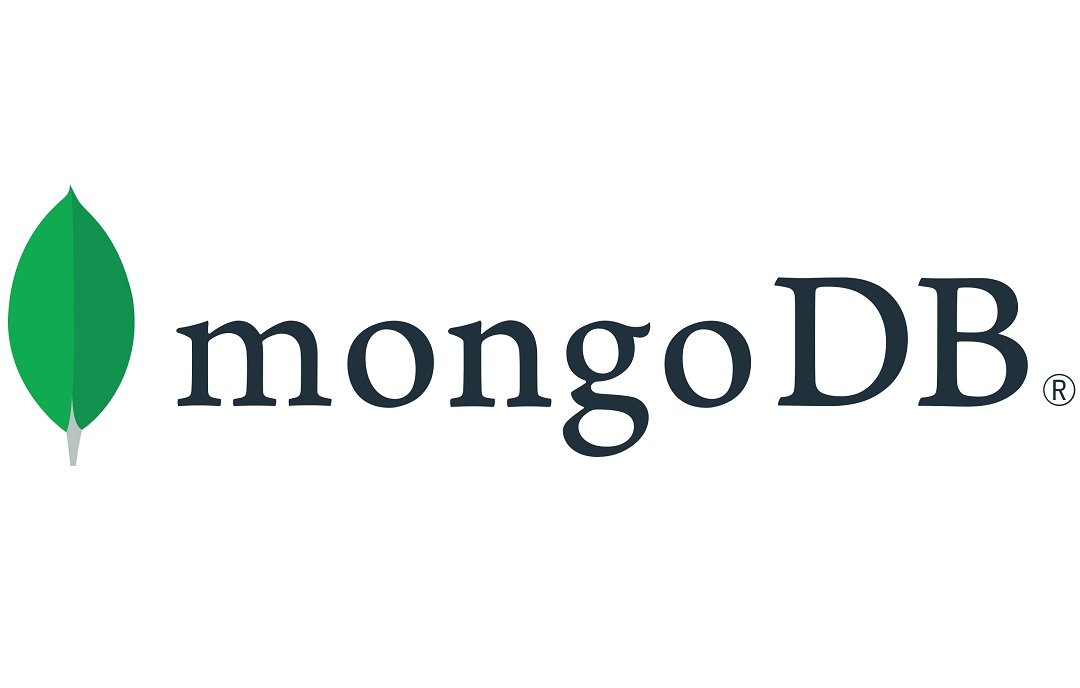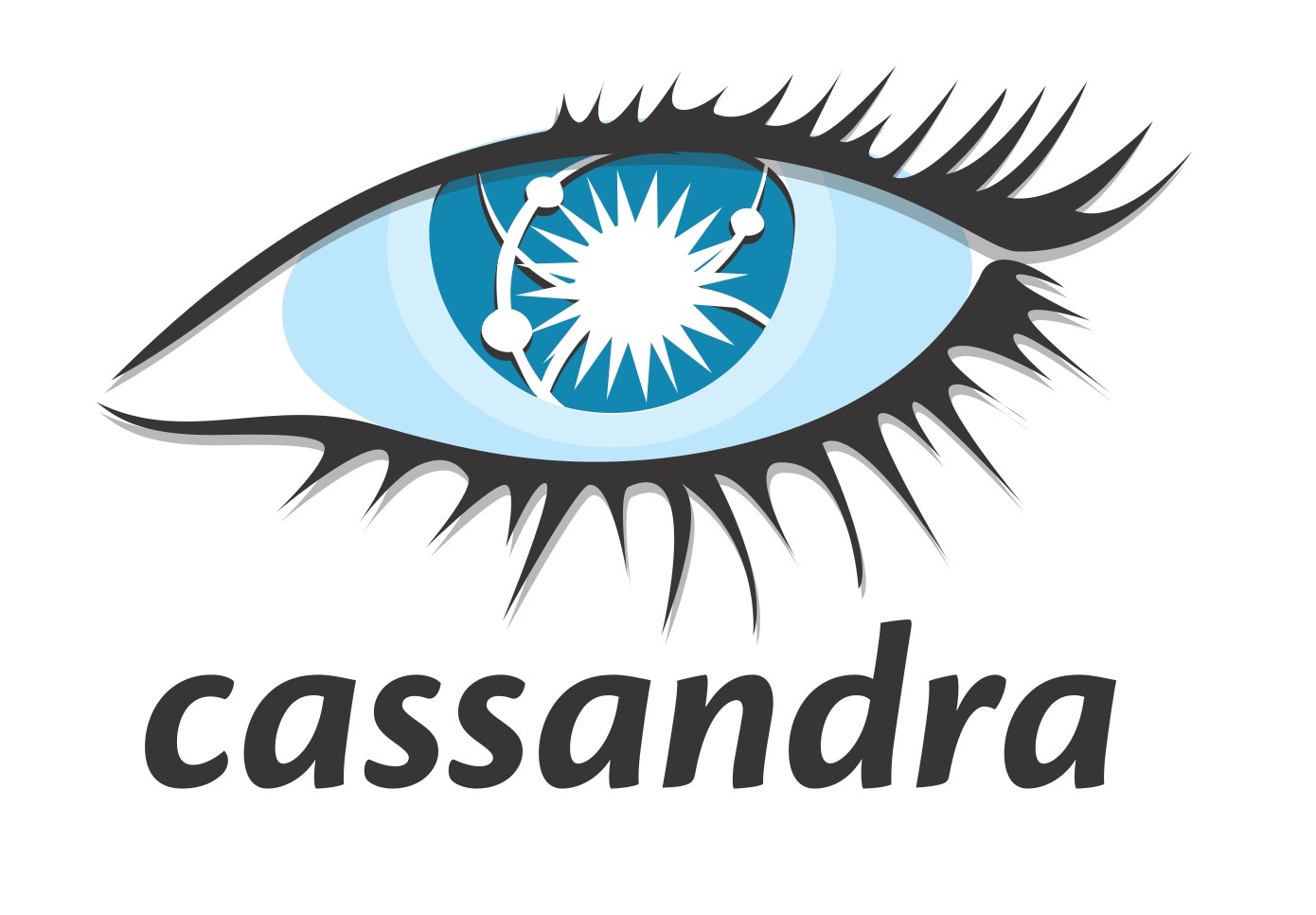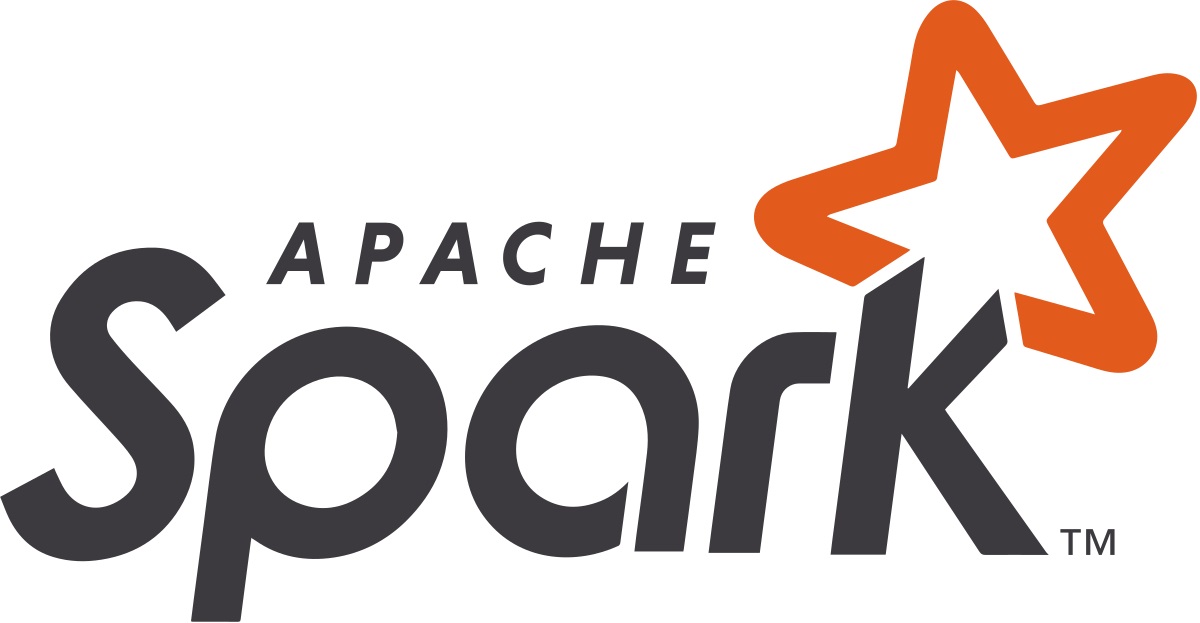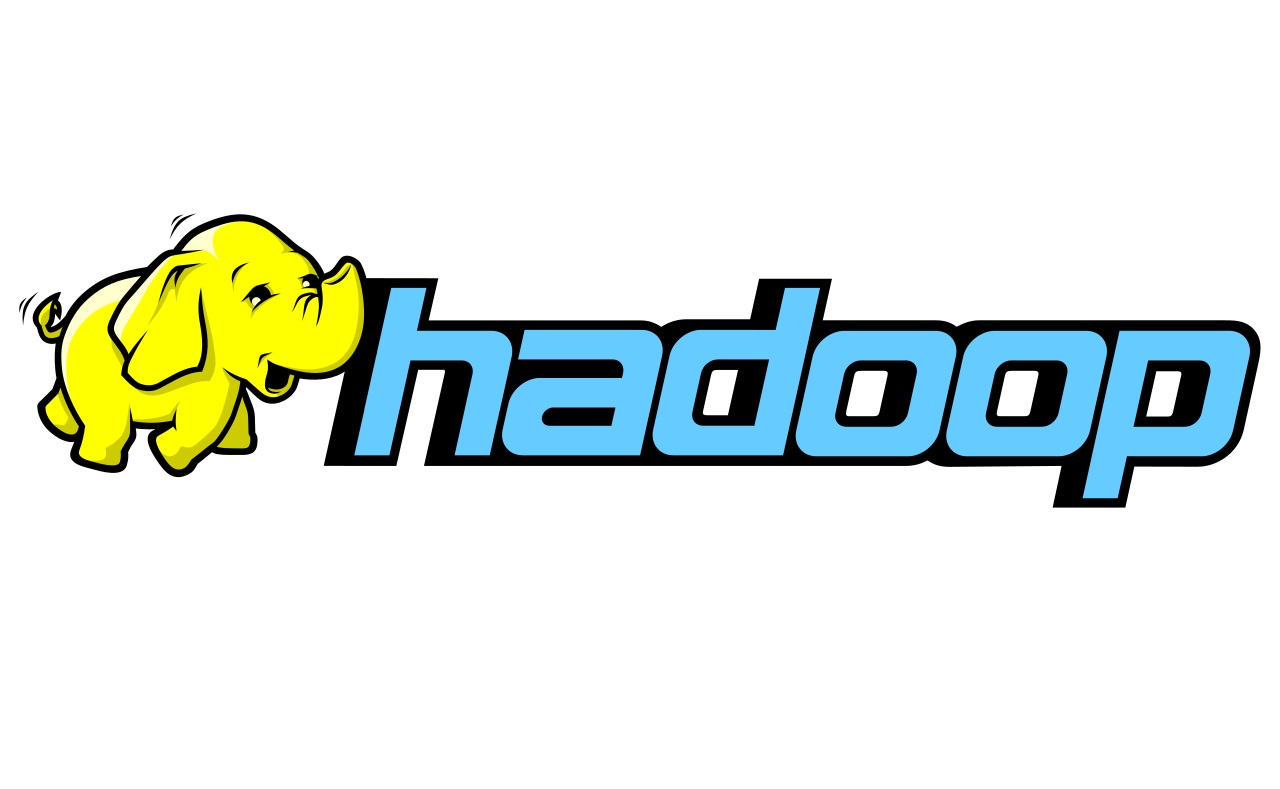All about MySQL
Published
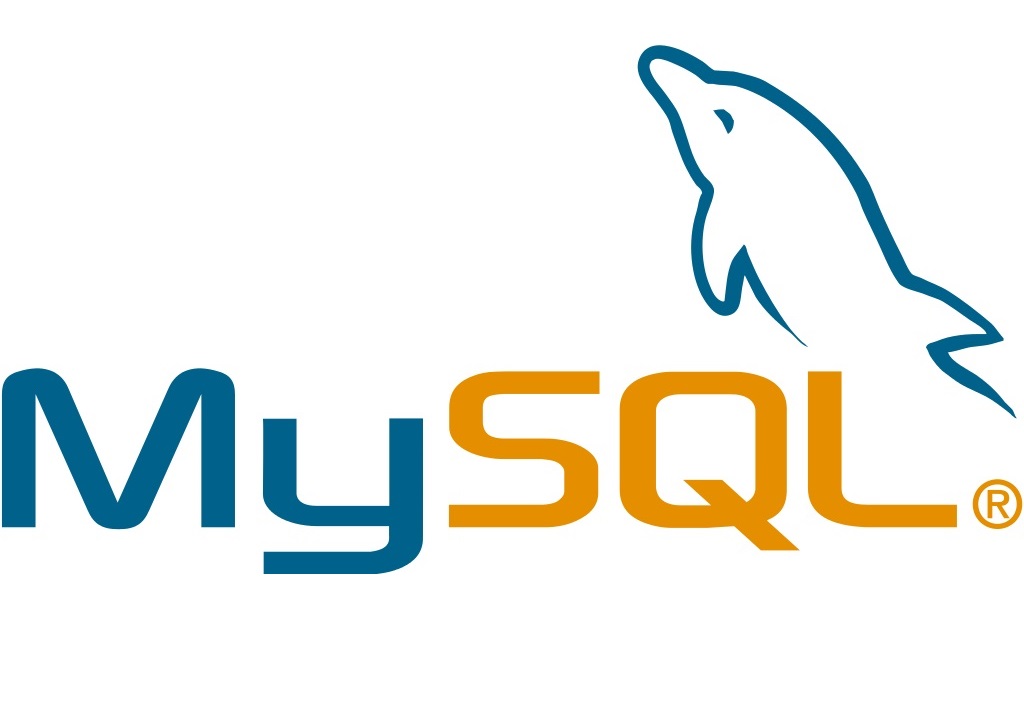
MySQL is an open source relational database that is very popular worldwide. It is often referred to as a relational database management system (RDBMS) because it organizes data into tables that can be linked together. MySQL was developed in 1995 by a Swedish developer named Michael Widenius and is now developed and supported by Oracle Corporation.
If you want to refresh your SQL knowledge or even further expand it, we recommend you Skillshare as a learning platform.
MySQL supports the SQL (Structured Query Language), which is a standard query language for relational Databases is. It is very robust, scalable and easy to use and has a large and active community of developers and users.
MySQL is used for many different applications, from small web applications to large enterprise systems. It supports many different operating systems including Windows, Linux and macOS, and there are also many tools and libraries available for developing applications using MySQL.
What sets MySQL apart?
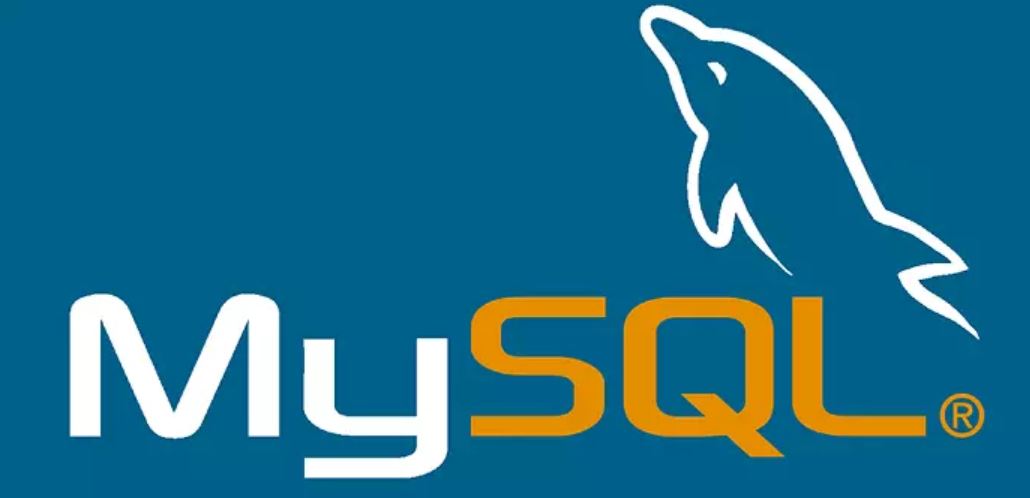
Those : somospnt.com
MySQL has several characteristics that make it a popular choice for database applications:
- Scalability: MySQL is very scalable and can be used from small applications to large enterprise systems.
- Speed: MySQL is very fast and can process large amounts of data quickly and efficiently.
- Flexibility: MySQL is very flexible and can be used for a variety of applications and tasks.
- Availability: MySQL is very reliable and offers high data availability, even with large amounts of data.
- Security: MySQL offers high security through various mechanisms such as user authentication, encryption and access control.
- Ease of Use: MySQL is very easy to use and has a wide range of tools and libraries that make database application development and management easier.
- Open Source: MySQL is open source software and is free to download and use. There is also an active community of developers and users who can help with questions and problems.
What systems is MySQL compatible with?
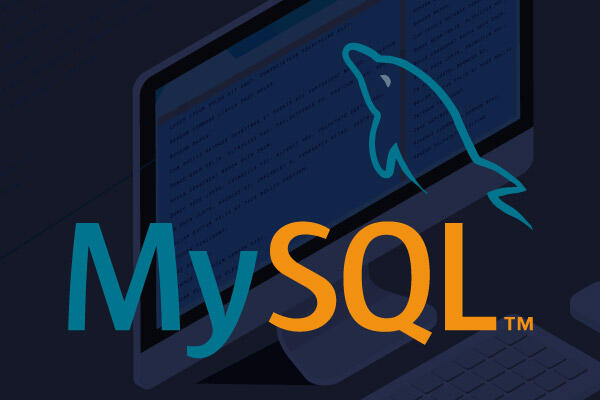
Those : zend.com
MySQL is compatible with a wide range of systems and technologies. Here are some examples:
- Operating Systems: MySQL supports various operating systems such as Windows, Linux, macOS and Solaris.
- Programming Languages: MySQL can be used with various programming languages including PHP , Java , Python , Ruby and C++.
- Web Server: MySQL is compatible with various web servers such as Apache, Nginx and Microsoft IIS.
- Cloud Platforms: MySQL is compatible with various cloud platforms like Amazon Web Services , Google Cloud Platform und Microsoft Azure.
- Database tools: There are many database tools compatible with MySQL, such as MySQL Workbench, phpMyAdmin, HeidiSQL and Navicat.
- Other databases: MySQL is also compatible with other databases such as Oracle, Microsoft SQL Server and PostgreSQL .
Due to its broad compatibility with other systems and technologies, MySQL is used in many different applications and enables seamless integration into existing systems and infrastructure.
How easy is it to scale MySQL?
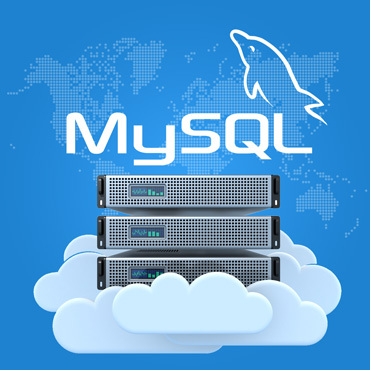
Those : serverbasket.com
MySQL is very scalable and offers several ways to scale:
- Vertical scaling: This involves improving the hardware to increase the performance of the MySQL database. This can be done by adding more CPU cores, RAM or disk space.
- Horizontal scaling: This involves deploying multiple instances of MySQL on different servers to distribute the load across multiple servers. This is also known as sharding.
- Replication: This involves creating multiple copies of the MySQL database on different servers to increase availability. Changes to a database instance are then replicated to all copies.
- Partitioning: This involves dividing data into different partitions to improve the performance of the database. The data can be split according to specific criteria such as user, region or time.
MySQL scaling can vary depending on the type and size of the application. However, MySQL offers a variety of scaling options and strategies to meet the needs of different applications. It is important to consider scalability requirements when planning and developing MySQL applications to ensure that scalability is achieved when it is needed.
Which companies use MySQL?
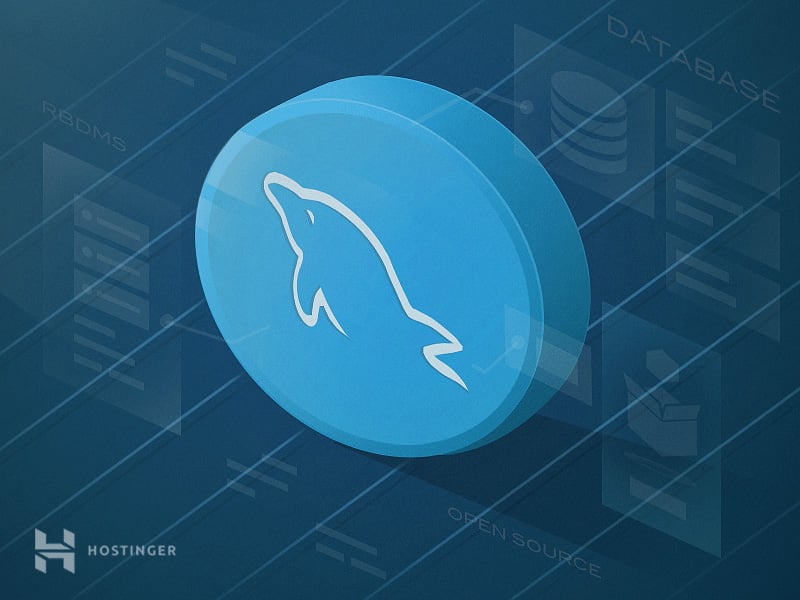
Those : hostinger.in
MySQL is one of the most popular open source databases and is used by many companies worldwide. Some of the most well-known companies using MySQL are:
- Airbnb
- Uber
- YouTube
- Netflix
- Amazon
- GitHub
- Zalando
These companies use MySQL in various applications such as e-commerce, content management, financial and accounting systems, customer databases, web applications and many others. MySQL is used in many different industries due to its scalability, performance and flexibility, enabling companies to manage large amounts of data and respond quickly to changing business needs.
